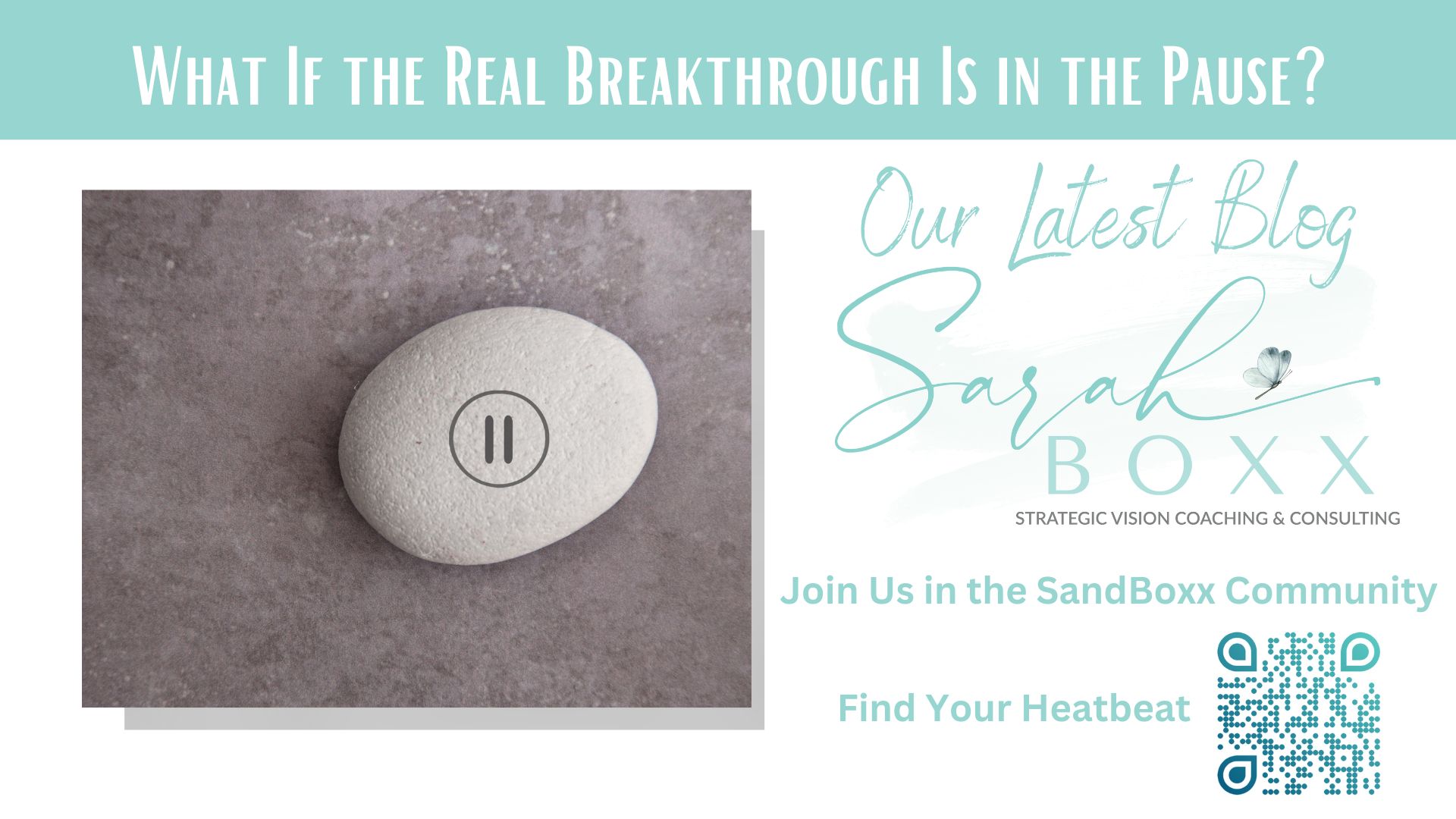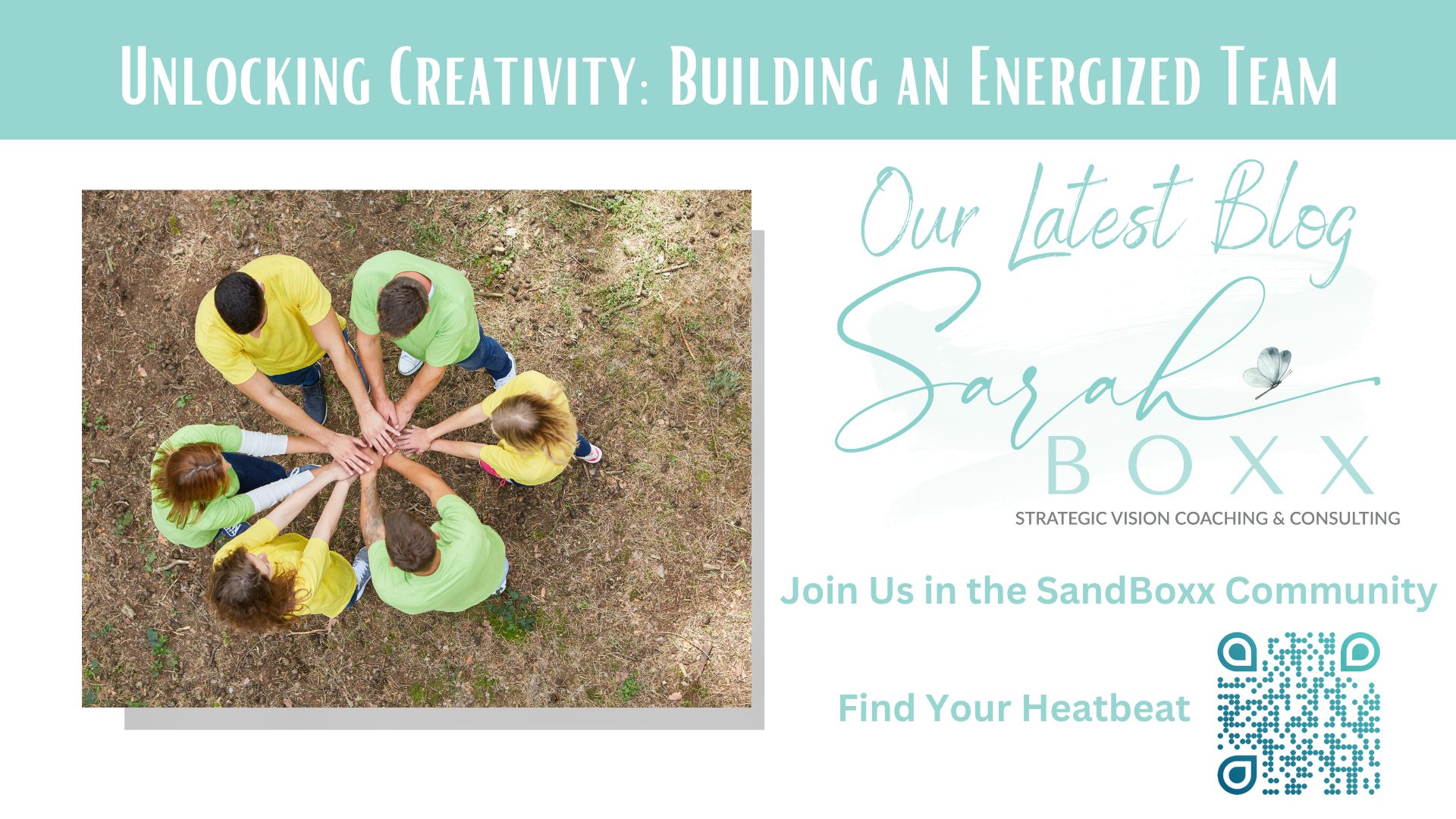In the nonprofit industry (and every other industry for that matter) communication is essential for a well-functioning organization. Intentional communication allows you as an organization to:
- Keep your audience informed
- Illicit support from donors or volunteers
- Increase awareness for the work of your organization
This is, of course, isn’t always the case. However, considering the current circumstances we are living in (just in case you weren’t tired of hearing about coronavirus and its impact), the importance of strategic communication is getting a little extra buzz these days, and rightfully so.
In a time when circumstances are changing daily and businesses and organizations everywhere are having to “think outside the box” and get creative with their service offerings, keeping your audience informed regarding changes and updates impacting your organization is crucial.
As you map out your communication strategy, one important group of people you need to address are your organizational donors and investors.
It goes without saying that donors and investors are essential for the work of nonprofit organizations. Their funding literally makes the work that you do possible and therefore, keeping your donors informed (especially during a time of crisis) is essential.
When it comes to communication with donors, many of us need to start with an important mindset shift:
Communication should be RELATIONAL, not TRANSACTIONAL.
In other words, the purpose of communicating with your donors is to build a positive relationship. Your emails and phone calls should be fueled by a desire to keep them informed and up to date on the workings of your organization and to express gratitude for the support they’ve already offered…not because you are trying to get something from them. That screams inauthenticity.
Best Practices For Communicating With Donors:
- Be personal
It’s all about building relationships. When you set up email lists, segment your donor lists to provide personalized information for first-time donors and reoccurring donors. When you send individual emails or make phones, it’s always a good idea to lead with a personal connection. A simple question such as “How is your daughter doing?” can go a long way. - Anticipate Questions or Concerns
Whenever you can, anticipate and address your donor’s questions and concerns BEFORE they have to reach out to you. This will do wonders in easing their anxieties and will boost their confidence in you as an organization…that’s always a good thing! - Offer Frequent Updates
It’s a good idea to keep your donors and investors informed regarding any significant changes or updates impacting your organization, especially when these changes will affect your budget.
As I’m sure you are well aware, running a successful organization (especially during these crazy times we are currently living in) is no small task. It requires thoughtful strategy, careful planning, and an abundance of innovative and creative thinking.
We here at Sarah Boxx Coaching & Consulting want to support you in this process.
Each week we publish new blog posts and podcast episodes FULL of content designed to help you strengthen your leadership and plan for success. To stay up to date on all of the latest content, including our new membership site click HERE to subscribe to our list.
Article was contributed by: Maria Lees, Team Writer with Sarah Boxx




